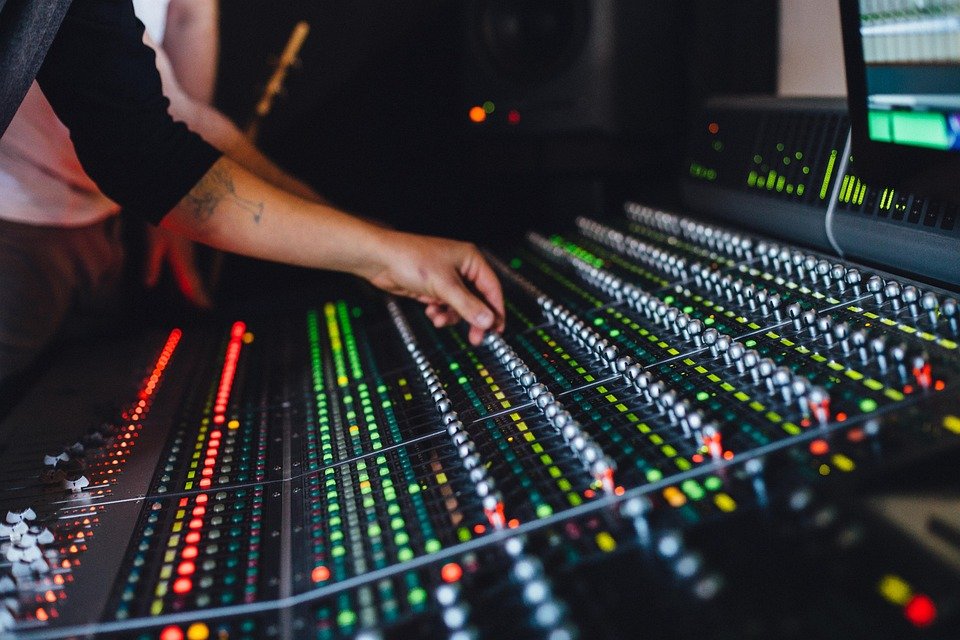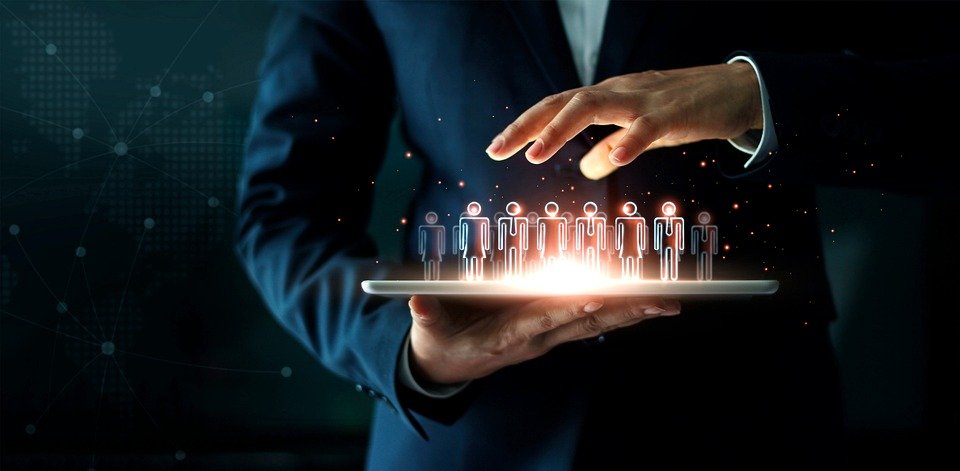Virtual reality (VR) technology has been around for decades, but in recent years, it has advanced rapidly and become more accessible to the general public. With the release of consumer VR headsets like the Oculus Rift and HTC Vive, the future of virtual reality is now, and its impact on society and culture is already being felt.
One of the most obvious ways that VR is transforming society is through entertainment. VR gaming has become increasingly popular, with companies like Sony and Microsoft releasing VR-compatible games for their consoles. In addition, VR is being used in other forms of entertainment, such as concerts and sporting events, allowing people to experience these events in a whole new way without leaving their homes.
But the impact of VR goes beyond entertainment. VR is also being used in education, healthcare, and therapy. In education, VR allows students to take virtual field trips to far-off places, explore historical events in lifelike detail, and engage in hands-on learning experiences that would be impossible in a traditional classroom setting. In healthcare, VR is being used to train doctors and medical students, as well as to treat patients with conditions like PTSD and anxiety. And in therapy, VR is being used to help people overcome phobias, addictions, and other mental health issues in a safe and controlled environment.
VR is also having an impact on culture. Artists and creators are using VR to push the boundaries of traditional storytelling and create immersive experiences that engage all the senses. VR is being used to create virtual museums, art galleries, and immersive installations that allow people to experience art in a whole new way. And in the world of fashion, designers are using VR to create virtual fashion shows and experiences that allow consumers to try on clothes and accessories in a virtual setting.
But with all the benefits of VR, there are also potential drawbacks. Some critics worry that VR could lead to social isolation, as people spend more time in virtual worlds and less time interacting in the real world. There are also concerns about the potential for addiction and the impact of VR on mental health and wellbeing.
Despite these challenges, the future of virtual reality is bright. As the technology continues to advance and become more accessible, the possibilities for using VR to enhance society and culture are endless. The future is now, and virtual reality is changing the way we live, learn, and play.




